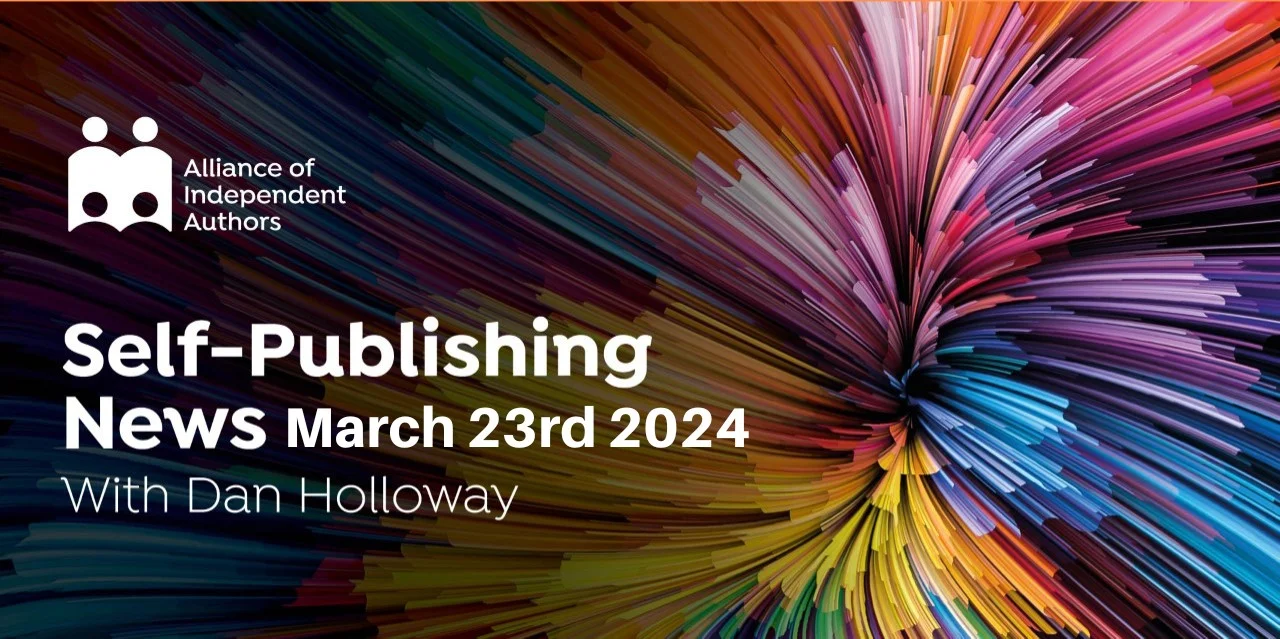
ALLi News Editor, Dan Holloway
The latest news sees a new twist in a story that has been quiet for some time. The Internet Archive and the publishing industry have been at loggerheads for many years. Recently this concretised as the industry took legal action against the Internet Archive’s Open Library for copyright violation.
Open Library offers free digital lending to a global audience. The criticism, and legal challenge, comes from the way it does this. In many cases it purchases a physical copy of a book and then digitises that copy to create an ebook. It then lends these books through what it calls “controlled digital lending” (CDL). The control is that each digital copy can only be lent out to one user at a time. Internet Archive argues that this constitutes fair use.
Publishers argue that this is not, in fact, fair use but copyright violation. Last March, a New York district court ruled in publishers’ favour. The ruling included a rebuttal of the practice of CDL. Internet Archive has undertaken to appeal the ruling, and the latest salvo from the publishing industry comes as an attempt to have that appeal quashed.
Their brief makes several key points. It uses the surge in digital lending through Overdrive to show that libraries and publishers already provide a thriving system whereby readers can access electronic books without fees. (The snarky side of me finds it interesting that publishers have now decided they are libraries’ best friends given the recent history of squabbles over the price they charge for library copies of ebooks and the pricing methodology).
But the main thrust of the argument is that what Open Library does is copyright infringement on a colossal scale. As the publishers put it, the Internet Archive is doing what only rights holders can do. And they don’t hold any rights. The Internet Archive, meanwhile, is basing its appeal on claiming the original judge doesn’t grasp current law in the context of the new digital age. Gloves are off.




